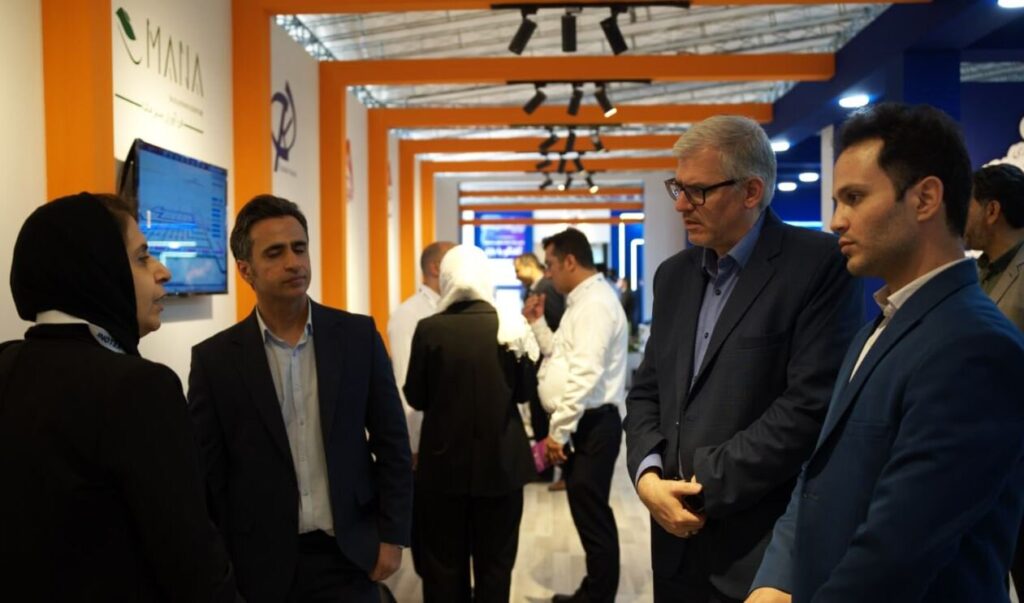Tehran – Iran is currently developing around 20 new satellites through joint public-private partnerships, marking a major change in the country’s space strategy, according to the head of the Iranian Space Agency (ISA).
On Wednesday, when visiting the 2025 Innotex exhibition in the Iranian International Innovation Zone, Isan Salary said the development of these satellites was being carried out by a consortia of national facilities and private companies, including the “Shahid Soleimani” constellations.
In a move to support Iran’s space-based economy and advance remote sensing capabilities, Salarieh has announced a guaranteed purchase program for satellite images generated by domestically built satellites. The initiative is led by ISA-backed private companies.
“The role of the private sector in our space industry has expanded rapidly over the past three years,” Salary said. “Space missions were once exclusively handled by government agencies, but today private companies offer a significant share of our operating projects.”
Salarieh said the Iranian Space Agency is using InoTex 2025 as a platform to promote private sector capabilities and encourage new partnerships. The exhibition’s universe-focused pavilion sees directly with visitors the satellite technology, data solutions and other innovations developed by Iranian knowledge-based companies.
He highlighted the urgency to accelerate the space mission to maintain Iran’s position in a highly competitive global spatial landscape. “Private sector participation is not merely beneficial, it is the need for the nation,” Salary said, referring to Iran’s comprehensive space development document.
The 13th edition of InoTex, which will be held at Pardis Technology Park until May 2nd, has captivated over 500 startups, innovation centres and investors from Iran and abroad. This year’s exhibition will feature a wide range of events, including competition for “InoTex Pitch” startups, keynote speeches, mentoring sessions, and advanced technology showcases.
Artificial intelligence is playing a central role in the 2025 event, with several booths dedicated to AI-based solutions. Startups present applications in medical AI, robotics, natural language processing, machine vision and big data.

